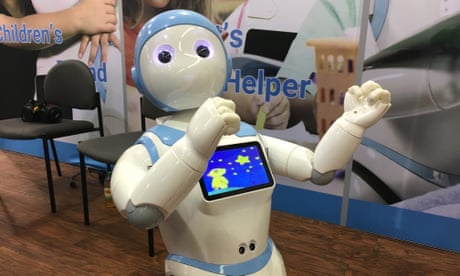I’m scared. I’m scared because I know exactly what happens around this month every year. There are so many of you who have graduated (or will be graduating) and still have no idea what you want to do with your life. And you know what? That’s ok! Most people don’t. You shouldn’t be stressed about that. What I’m scared about is that you don’t realize that you are entering the greatest 5-year window of your life.
If you are 22 years old, regardless if you’re graduating from college or not, there are two things you should keep in mind. The first is to acknowledge that you are entering some of the greatest years of your life. The second is that this is the moment when you don’t go practical—don’t take the “safe” route. This is NOT the time to get the job Mom always wanted you to get. This is NOT the time to try to maximize as much money as you can make so you can save up to buy a sick ride. This IS the time, however, to realize that you have a five-year window (three for some, eight for others) for you to attack the life that you want to win.
Something else that scares me is the naïveté of what the world is like after graduation. I am by no means saying that “winning” is going to be easy. It’s not. What you’ve been doing for the last 16 years is easy. Classes and school are easy because they’re structured. The world? It’s hard. It changes every day.
The fact is that the world is going to be exactly the way it is going to be without regard to the way you thought it would be, think it should be, or whatever big plans you’ve already made for yourself. Your parents might have already told you it’ll be one way, but they don’t really know. They just want you to do what they think is best, which usually means avoiding big risks. But, what you need to recognize is that now is the time when you can afford to take those risks.
What I wrote above is going to contradict what I’m about to tell you now. Even though the real world is hard, the next five years of your life will be the opposite. These will be the best and easiest years of your life because it’s your chance to attack what you love and try out what you want to do. Why? Because you don’t have all the baggage.
Look, I understand you might have college loans. I respect that financial debt is a real hardship. You may have to live up to the expectations of your parents. That’s mentally hard—fake hard. You may have many other obligations, but this time is exactly when you can live with 4 roommates in a basement and eat fast food.
Most of you don’t have children yet. Most of you are not married and have not yet promised your life to someone else. So, this is the time before the world has sucked out all your hopes and dreams. You still have this window—the next five years to help you achieve your goals.
Time is the number one asset and now is when you have the most flexibility to use it.
I’m sure some people will leave comments about their loans or whatever other financial obligations they might have. Again, I respect that. But one way or the other, that loan is going to be there whether you build something for yourself or not in these five years. I truly believe that you can wake up on your 26th or 27th birthday, start being practical, and still pay off your loans and any other debts. While I’m sure those obligations might have compounded interest, leaving the opportunity of “going for it” in those five years (especially if you have entrepreneurial DNA) is a mistake and actually lacks practicality.
Yet, so many of you are so hungry for short term gains right after college. For example, you would rather take the job that maximizes your pay at $3,000 more a year, despite the fact that you would have enjoyed a lower paying job more suited for you. For what? For a new iPhone? A slightly nicer apartment? You get to live life one time.
(By the way, you can work at night! This is when you put in your 18 hours a day to make the life that you want happen. That’s practicality.)
Promise me, all you youngsters who are reading this, that you understand that the land grab for happiness starts right now. You don’t have to worry about getting “that job.” What you should do is go and travel and learn. Go and start that business you always wanted. Travel with those three friends and start that band. This is the time to be massively risk oriented. There will be plenty of time to be risk averse later. Now is the time to understand what’s actually happening and map your behavior to something that will impact you for the next 80 years of your life.
When you are in your early 20s, this is when you can grind at your highest level because you don’t have the baggage that comes later in life. It’s harder for the 42 years olds to listen to this advice. At that point, you can’t just wake up tomorrow and say “let’s go” because little Sally has soccer practice and you have a million other things that are holding you down.
If you are lucky enough to be graduating today without any clue what about what you want to do with your future, no one’s ever been luckier than you. Please recognize that.


